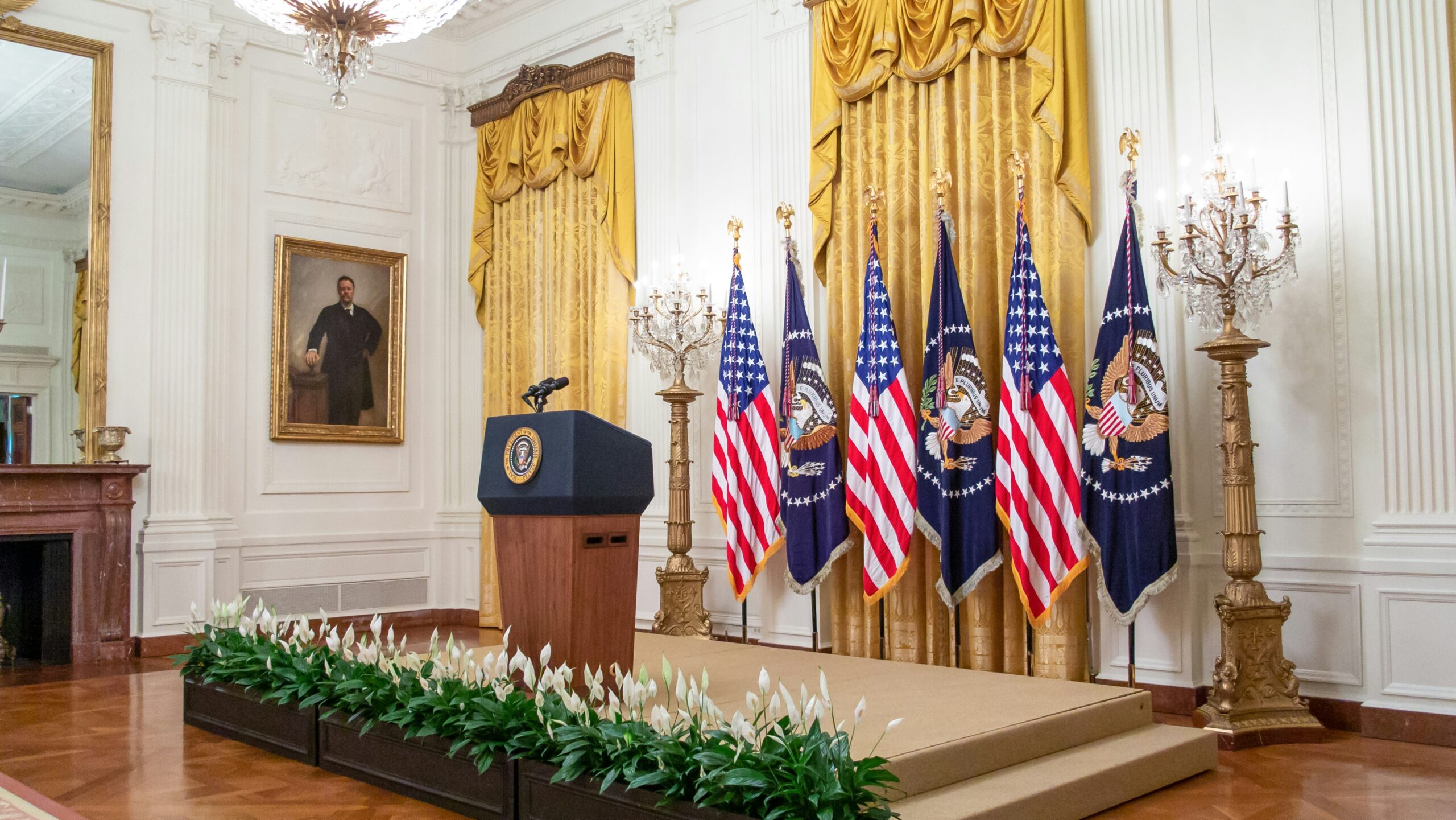Image credit: Unsplash
Preserving their wealth for future generations may be a high priority for affluent families, and these families are preparing their children for the pressures and responsibilities they will face as wealthy, young individuals at an early age.
Wealth managers say that beginning financial education at an early age is a successful approach. They say that parents who talk to their children at young ages about the privileges and challenges of having money stand a better chance of success.
“Clogs to clogs in three generations is an age-old saying which most advisers in wealth management will be familiar with,” says Nji Lorimer, senior wealth planner at SG Kleinwort Hambros. This saying expresses the proven risk of first-generation entrepreneurs seeing their wealth squandered after it passes to their grandchildren due to a lack of planning, not through poor investments.
Lorimer further stated: “The second generation within a family have witnessed the hard work and sacrifices undertaken by their parents and then guard and cherish the wealth… The third generation, however, who have only ever known affluence and prosperity, do not have the same perspective — and, so, without the right guidance, can end up in the same proverbial ‘clogs’ of their grandparents . . . once the wealth has been fully depleted.”
Due to the further distance between generations of family members, breaking this damaging cycle requires early coaching on how to protect, grow, and spend money responsibly, according to Lorimer. “Educating the next generation on how to navigate the world with wealth is a job for all involved — from the wealth creators within the family, whether parents or grandparents, to advisers who counsel and guide them,” he says.
While day-to-day teachings are predominantly the responsibility of the immediate family, who can better teach lessons when the moments arise, wealthy families are also enlisting banks and wealth managers to help younger generations with more formal financial education in what is known as “Next Generation Academies.”
These formal financial programs aim to educate younger generations on the responsibilities that accompany money and what it means to be a caretaker of family wealth. Wealthy children may participate in games, role-playing exercises, discussions, and hands-on workplace training. Next Generation Academies allow children to network and build relationships with their peers in a safe environment while imparting lessons that can benefit these younger generations.
Yet, while educational programs help teach and bring together wealthy, younger generations, some experts in financial education say it is essential to create a two-way dialogue that allows older generations to reassess their existing investment strategies and younger generations to learn about their family’s visions and approach to wealth.
Anna Jones, a chartered financial planner at Progeny, says the firm hosts an annual, week-long summer school for clients’ children that allows children to learn about the value of financial planning and gain insight into other areas of financial services, like investment management.
Jones stated: “I have set up many trusts for my clients in order to pass money to their children and reduce inheritance tax liability… We then look to assign segments to the children at the most tax-efficient time, often with the aim of this money paying for university fees or getting them on to the property ladder. A lot of planning goes into making gifts into trust for children and, when the money is moved on to them, it can be a good way to get them involved in investment decisions.”
Annick Crisford, client adviser at Rothschild & Co Wealth Management, has seen benefits from philanthropy in educating children, stating: “Clients often fear that their wealth will cause their children to lack motivation or direction, particularly when they, themselves, are ‘self-made’ and have struggled to get where they are… It can be beneficial to give children the opportunity to make mistakes early, and in a controlled way, so that they appreciate the importance of care.”





























































































































































































































































































